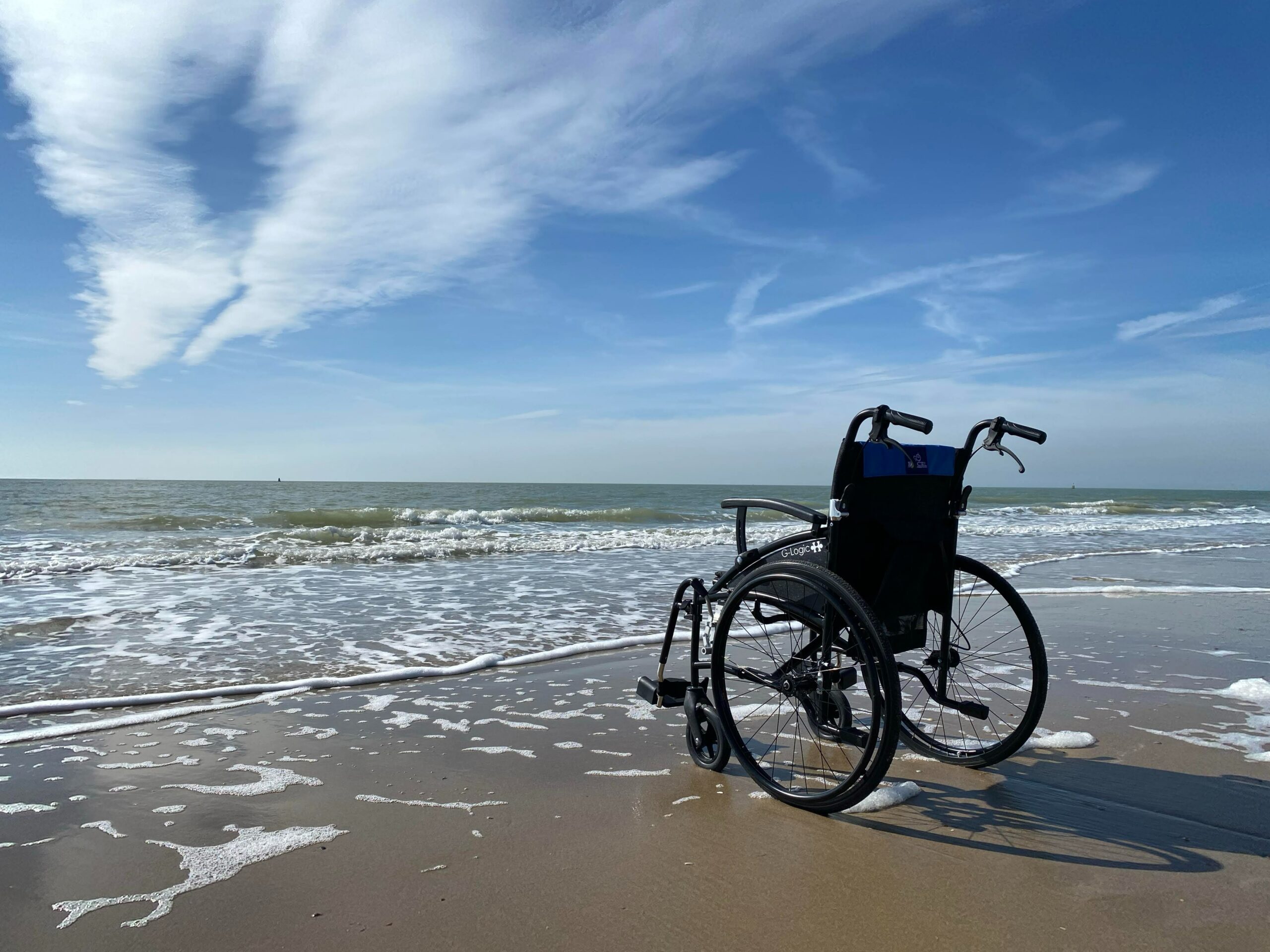
Disability rights groups launch lawsuit to quash California’s assisted suicide law
Several groups representing people living with disability are suing in the US District Court for the Central District of California to have the state’s End of Life Option Act (EOLOA) be declared unlawful and unconstitutional.
“Policies that make it easier for disabled people to die with help from their doctors are especially dangerous,” said Jules Good, of Not Dead Yet, a lobby group. “Assisted suicide policies are inherently discriminatory, full stop.”
NDY’s director of minority outreach, Anita Cameron, says, “As a Black disabled woman, I have experienced both racial and disability discrimination in healthcare. Although few Blacks and people of color request assisted suicide, as it becomes normalized across the country, racial disparities and the devaluing of the lives of disabled people will lead to people being forced, or ‘convinced’ to ask for assisted suicide.”
“This lawsuit is our fight against a society and insurance industry that tells too many of us to hurry up and die,” said the head of Not Dead Yet, Diane Coleman. “For all of us who’ve been denied the help we need to live, we’re not going to lay down and die. We’re Not Dead Yet and we’re fighting back.”
The plaintiffs allege in their 96-page, thoroughly documented, complaint that EOLOA targets people with disabilities for death and stigmatization.
Physician-assisted suicide laws are based on ableist stereotypes, implicit biases, and long-held fears about living with disability as well as the false idea that it is rational for disabled persons to want to end their own lives. These misleading tropes are glorified in Hollywood movies like “Me Before You” and “Million Dollar Baby”, where the protagonist is portrayed heroically for choosing to be euthanized rather than live with their disability …
Over the strong opposition of those most likely to die under physician-assisted suicide laws, EOLOA sends the stigmatizing message that society should endorse and even elevate suicide when the person has a terminal disability.
